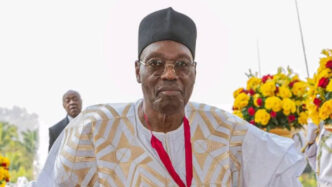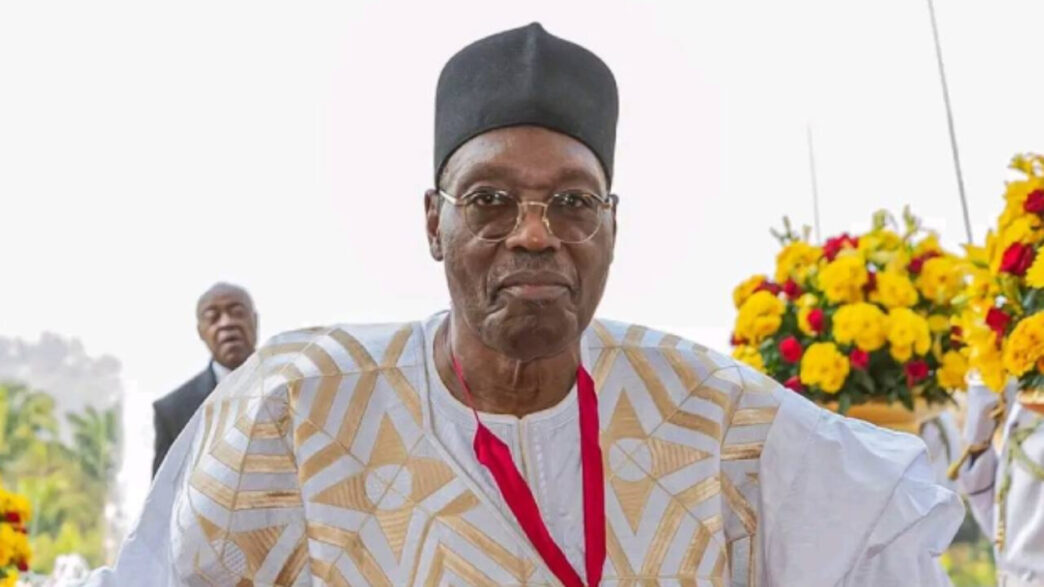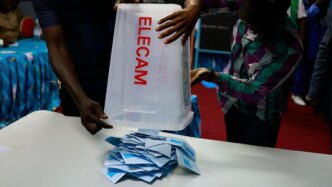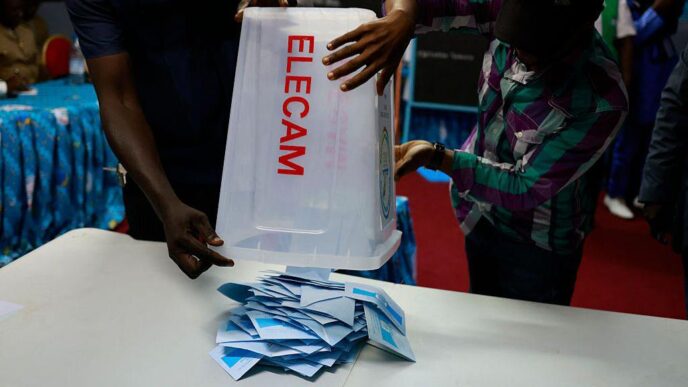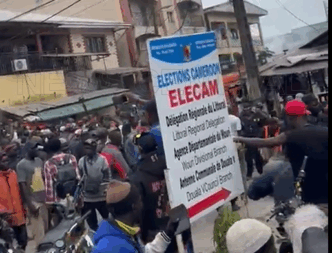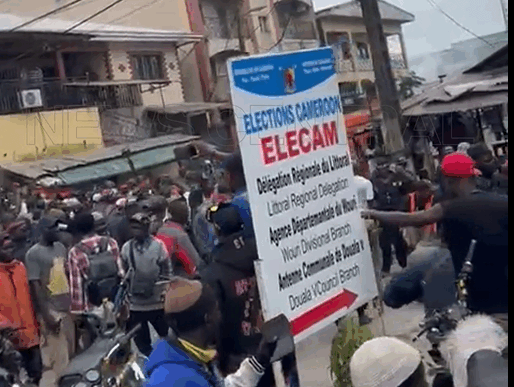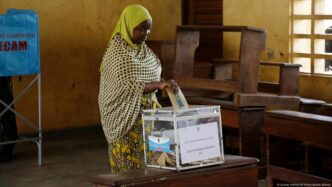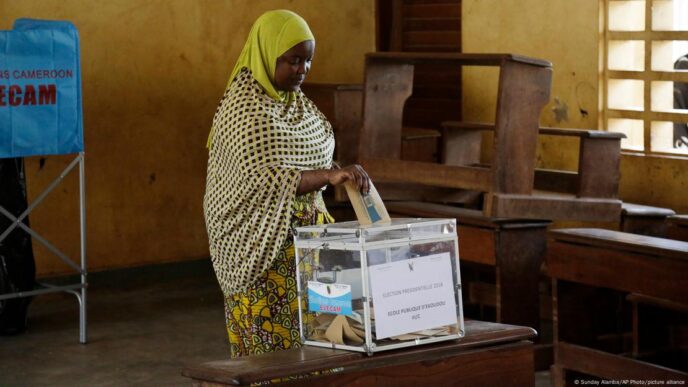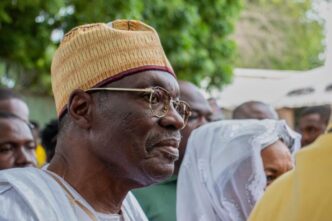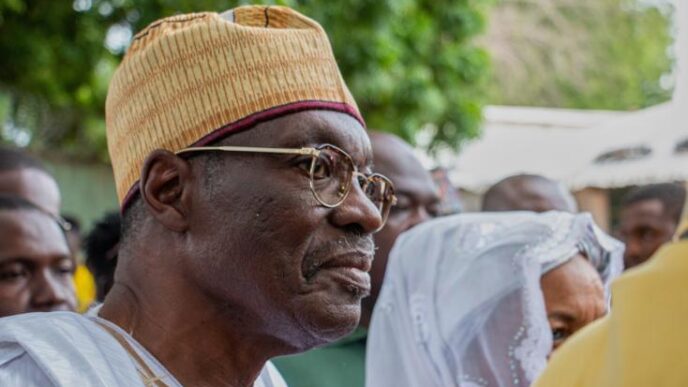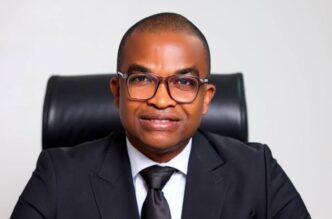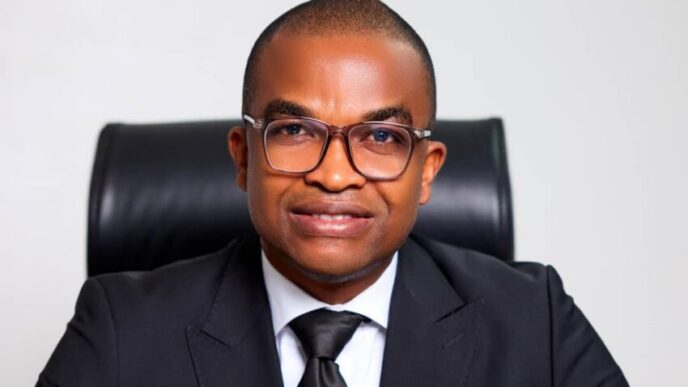Cameroon’s opposition candidate Issa Tchiroma Bakary announced on Tuesday that he had won the election against long-serving President Paul Biya, who has held power for 43 years, although the official results from the weekend’s vote will not be released for two weeks.┬Ā
He called on the government to “acknowledge the reality of the ballot box” or risk “bringing chaos to the country,” and pledged to share comprehensive regional results.┬Ā
While the publication of tally sheets is permitted, the final official results must be declared by the Constitutional Council, which the government regards as a “red line that must not be crossed.”
“Our victory is clear. It must be respected,” Tchiroma declared in a post on Facebook.
In the 2018 presidential election, opposition leader Maurice Kamto proclaimed himself the winner just a day after the polls closed. He was later arrested, and security forces dispersed demonstrations by his supporters using tear gas and water cannons, resulting in numerous arrests. Biya, the world’s longest-serving leader, is seeking his eighth term to extend his extensive rule.┬Ā
However, Tchiroma, who previously served as employment minister, sparked unexpected enthusiasm among voters in the Central African country, leading to a competitive atmosphere, with both Biya’s and Tchiroma’s supporters claiming they had emerged victorious. Photos of tally sheets and blackboards displaying results have been shared widely on social media, intensifying the claims of victory from both camps.┬Ā
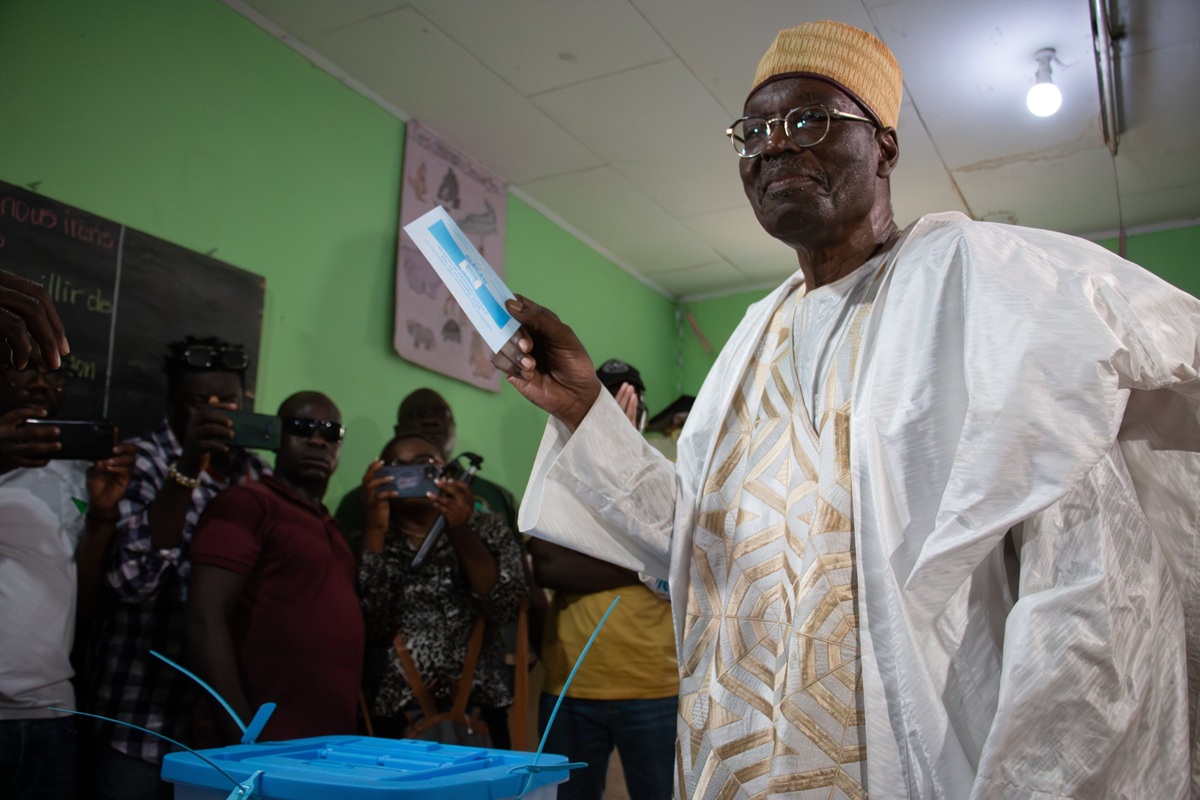
Biya faced a total of 11 challengers, including Tchiroma, who left the government in June to join the opposition after two decades in Biya’s administration. He rose to prominence as the primary opponent after Kamto was barred from running by the Constitutional Council. Biya has maintained his position since 1982 and has won every election for the past 20 years with over 70 per cent of the vote.
Most of the eight million eligible voters in Cameroon have lived their entire lives under a single ruler. Cameroonian political expert Stephane Akoa noted to AFP before the elections that “we shouldn’t be naive, as we all understand that the ruling regime possesses significant means to manipulate results in its favor.” Nevertheless, he remarked that the final days of the campaign had been “much more dynamic” than typical, making it “more likely to produce surprises.”
When Biya initially took office in 1982, the era of US President Ronald Reagan was at its peak, and the Cold War had nearly a decade still to unfold. Biya, the second head of state of Cameroon since its independence from France in 1960, has governed with an iron fist, personally appointing and dismissing significant officials while harshly suppressing all political and armed opposition. He has managed to retain power amid social unrest, economic inequalities, and separatist violence.


 Trending
Trending 
